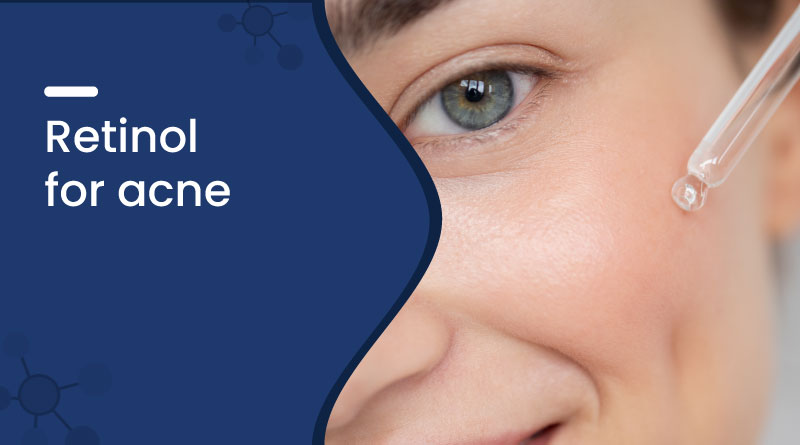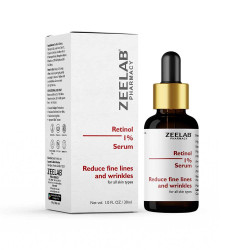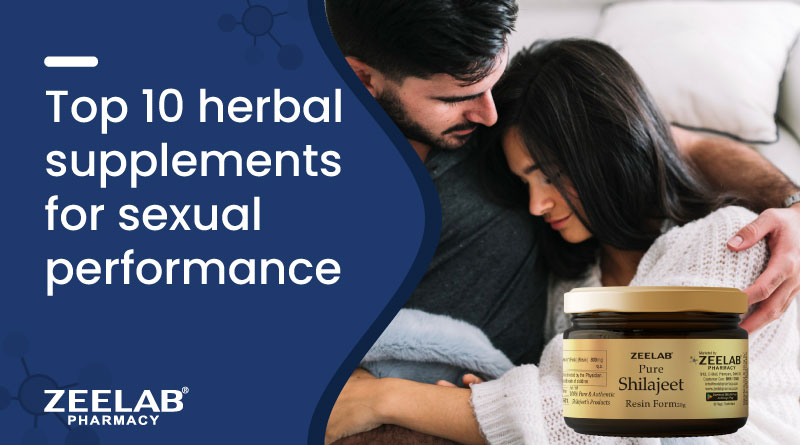Retinol for Acne


Retinol is a type of Vitamin A. It is often used to treat acne. It helps clear pimples, blackheads, and whiteheads. Retinol also makes skin smooth and healthy. Many people use it because it works well. It cleans pores, reduces oil, and makes the skin renew faster. Over time, it also helps fade acne marks.
Use of Retinol for Acne
Retinol is very helpful for acne. Here's how it works:
- Opens clogged pores: Removes dead skin and oil
- Reduces pimples: Helps calm red, swollen breakouts
- Prevents new acne: Keeps skin clear over time
- Fades acne spots: Improves skin tone slowly
- Makes skin smooth: Boosts new skin cell growth
How to Use Retinol for Acne
Use retinol only at night. Sunlight can make it less effective. Follow these simple steps:
- Wash your face: Use a soft, non-foaming cleanser
- Let it dry: Wait 10–15 minutes before applying
- Apply retinol: Take a pea-sized amount for your whole face
- Moisturize: Use a mild, non-greasy moisturizer
- Use sunscreen in the morning: Retinol makes skin sensitive to the sun
Retinol Serum for Acne
Retinol serums are popular for treating acne because they offer targeted delivery in a lightweight formula. These serums help unclog pores, reduce inflammation, and promote smoother skin texture.
Zeelab Retinol 1% Face Serum is a great option for those looking to include retinol in their skincare routine. It contains 1% pure retinol that:
- Fights acne-causing bacteria
- Improves skin texture and tone
- Reduces blemishes and post-acne marks
- Boosts collagen production for youthful skin
This serum is ideal for nighttime use. Always apply a moisturizer after it and use sunscreen during the day to avoid sun sensitivity.
How Often?
Start with 2 times a week. If your skin is okay, you can use it every alternate night. Later, you may use it daily.
Precautions and Side Effects
Be Careful:
- Do not mix with strong acids like AHA, BHA, or benzoyl peroxide
- Do not use during pregnancy or breastfeeding
- Always use sunscreen in the morning
- Do a patch test before first use
- Use only a small amount
Possible Side Effects:
- Dry skin
- Redness
- Peeling
- Mild itching
These are common in the first 2–4 weeks. They usually get better with time. If not, stop using and consult a skin doctor.
Also Read: Clindamycin for Acne
Frquently Asked Questions
Q. Can I use retinol on my sensitive skin?
A. Yes, but start with a very low strength. Always apply moisturizer after.
Q. How long does it take to get results?
A. You may see improvement in 6 to 12 weeks. Be patient and consistent.
Q. Can retinol cause more pimples at first?
A. Yes. This is called purging. It means the skin is clearing out. It usually stops in a few weeks.
Q. What age should I start using retinol for acne?
A. You can start in your 20s. If you have acne earlier, talk to a doctor before using it.
Q. Should I stop retinol if my skin feels dry?
A. No. Just use it less often and apply more moisturizer. If irritation is strong, stop and ask a doctor.
Conclusion
Retinol is a trusted and safe option for acne. It helps in removing pimples, cleaning pores, and smoothing the skin. It also fades marks over time.
Use it slowly, apply a small amount, and protect your skin from the sun. With regular use, retinol for acne can give you clearer, healthier skin.
Always follow a simple routine. If unsure, consult a skin expert.
Also Read: Can Mupirocin Be Used for Acne?
Recent Blogs
Disclaimer : Zeelab Pharmacy provides health information for knowledge only. Do not self-medicate. Always consult a qualified doctor before starting, stopping, or changing any medicine or treatment.

















 Added!
Added!